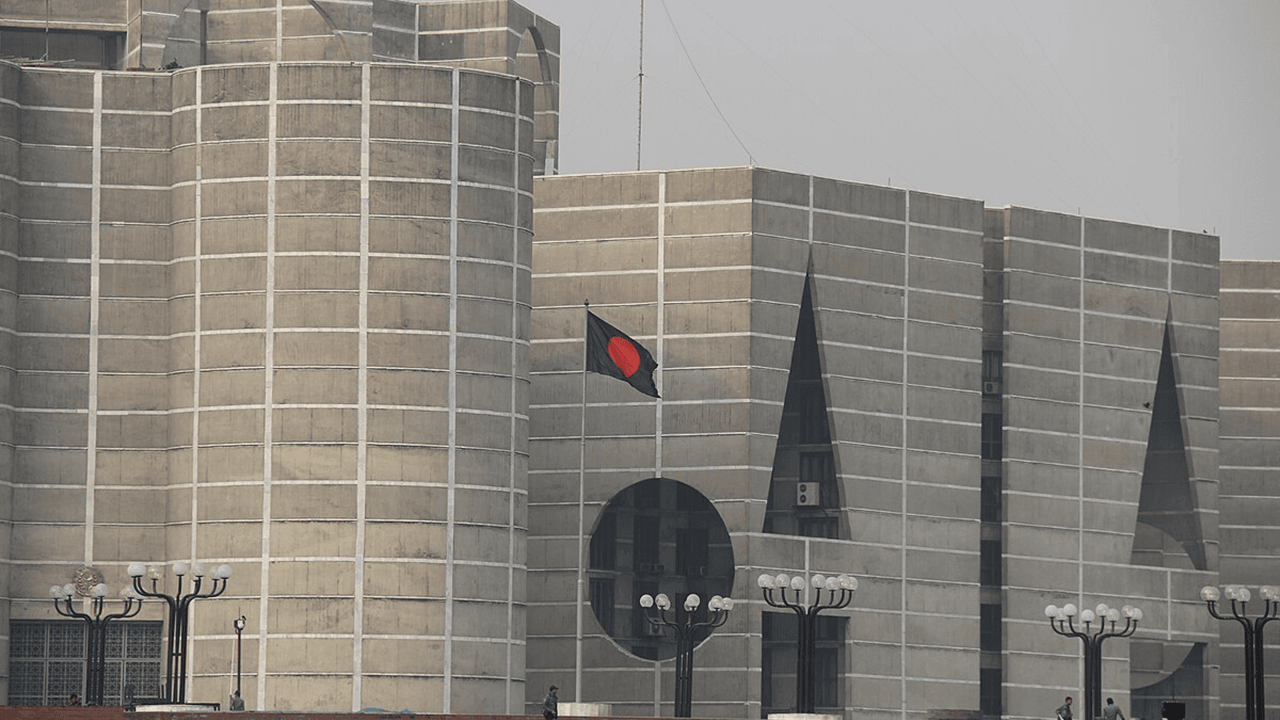Friday, May 31, 2024; 3:00 – 4:30 pm
Hosted by the
Permanent Mission of Canada to the United Nations
466
Lexington Ave 20th floor, New York, NY

Purpose of Roundtable:
Parliamentarians for Global Action (PGA) is committed to promoting safe and inclusive political environments for women parliamentarians by raising awareness and providing tools and support to counter attacks against women leaders; strengthen capacity of women parliamentarians to champion women’s rights and gender equality in their legislative work; advocate for gender-responsive policies/legislation and support at-risk, persecuted and imprisoned women politicians and human rights defenders. By engaging with parliaments, regional bodies, grassroots organizations and other relevant stakeholders, with particular focus on intersectionality of women’s identities, PGA seeks to amplify best practices from various regions using PGA’s successful model of parliamentarians as messengers who share best practices through peer-to-peer advocacy.
This informal roundtable discussion will gather first-hand experiences and good practices of leading parliamentarians in PGA’s global network to help shape PGA strategy and programming.
Background:
Women parliamentarians in all regions of the world face systemic challenges stemming from patriarchal norms, gender biases and deeply ingrained cultural mindsets. Traditional structures and perceptions of women’s societal roles have often undermined their legitimacy and influence in leadership positions. Discriminatory laws and institutional barriers restrict opportunities for women’s meaningful participation, hindering their ability to shape policies and advocate for gender-responsive legislation. The promotion of issues affecting women in volatile political climates can lead to violent psychological and physical attacks against women parliamentarians. Moreover, gender-based violence, including physical, verbal and, increasingly, online attacks, is used to intimidate, silence and discredit women in politics who challenge the status quo. These attacks tend to have a chilling effect on women’s political participation, for those already in leadership positions and those interested in such positions, including young women. Considering the enormous risks to themselves and their families, women often decide not to enter politics, take up leadership roles or run for office.
To build just, peaceful and inclusive societies, the participation of women is fundamental. In a democracy, human rights, the rule of law and political participation intersect. Democratic governance is only achievable if it engages all communities, including those most vulnerable. Studies show that an intersectional approach is especially critical to promote safe and inclusive spaces for all women parliamentarians. Women who are marginalized and face multiple and intersecting forms of discrimination are disproportionately affected by violence in politics. These groups can include, but are not limited to: black, indigenous, and people of color; ethnic and religious minorities; immigrants and refugees; women with disabilities and members of LBTQ+ communities. An intersectional analysis of the unequal impact of violence against women in politics reveals that women who are members of one or more of these groups are at even greater risk of violence in the political sphere.
Draft Agenda
- Introductions and overview by meeting facilitator: Mónica Adame, PGA Secretary-General
- Welcome by Ambassador Robert Rae, Permanent Representative of Canada to the United Nations
- Framing Comments by Sandra Pepera, Director for Gender, Women and Democracy, National Democratic Institute (NDI)(TBC)
- Remarks by Suyén Barahona, Nicaraguan human rights activist and Director of the Women’s Political Leadership Fund
- Sharing of experiences and good practices with PGA Board Member-Parliamentarians
- Closing remarks – PGA Board Member Hon. Valerie Woods, MP (Belize), Speaker of the House of Representatives




